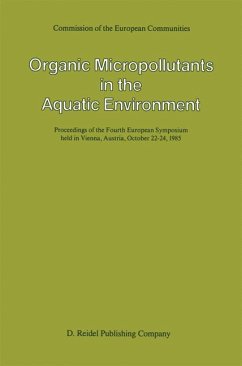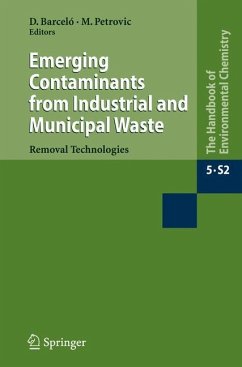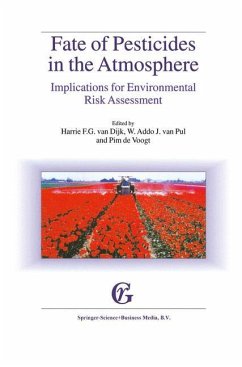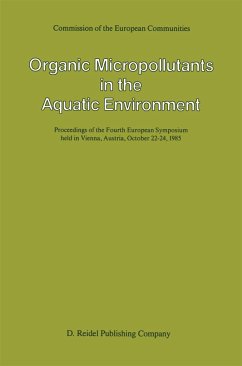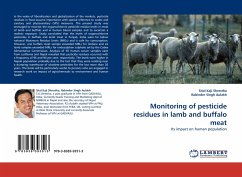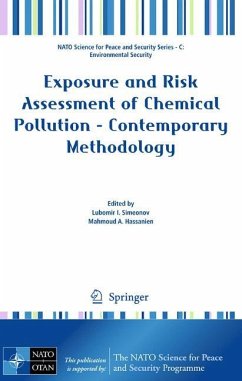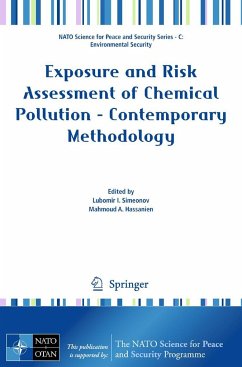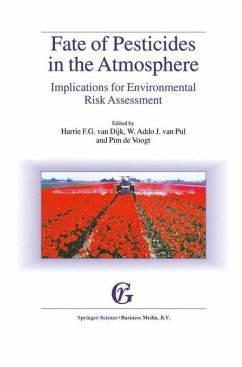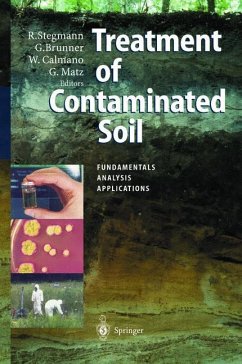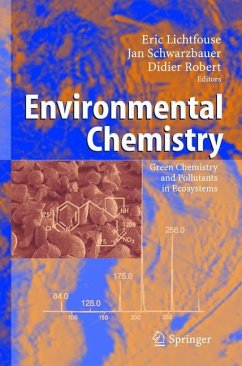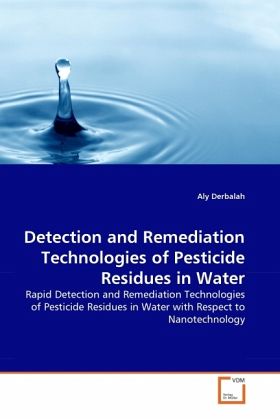
Detection and Remediation Technologies of Pesticide Residues in Water
Rapid Detection and Remediation Technologies of Pesticide Residues in Water with Respect to Nanotechnology
Versandkostenfrei!
Versandfertig in 6-10 Tagen
52,99 €
inkl. MwSt.

PAYBACK Punkte
26 °P sammeln!
Pesticides increase crop yields by reducing the amount of a crop that is lost to pests and control diseases transmitted by insects. However, the majorities of such pesticides released into the environment. Since less than 0.1% of applied pesticides actually reach the target pests, the rest (99.9%) has the potential to move into other environmental compartments and induce potential hazards. This book focuses on the rapid detection of pesticide residues in water with respect to nanotechnology. Furthermore, this book focuses on the basis, mechanism, efficacy, limitation and future of different re...
Pesticides increase crop yields by reducing the amount of a crop that is lost to pests and control diseases transmitted by insects. However, the majorities of such pesticides released into the environment. Since less than 0.1% of applied pesticides actually reach the target pests, the rest (99.9%) has the potential to move into other environmental compartments and induce potential hazards. This book focuses on the rapid detection of pesticide residues in water with respect to nanotechnology. Furthermore, this book focuses on the basis, mechanism, efficacy, limitation and future of different remediation technologies (advanced oxidation processes (AOPs), bioremediation, phytoremediation, activated carbon adsorption and membranes filtration) that are used for pesticide residues removal in water. Moreover, this book reflects the role of nanotechnology in improving these remediation technologies. Due to the great environmental and human risk of pesticides, educational background for students, university staff, and water purification industry about rapid detection and removal of pesticides by different remediation technologies from water with respect to nanotechnology are in demand.



